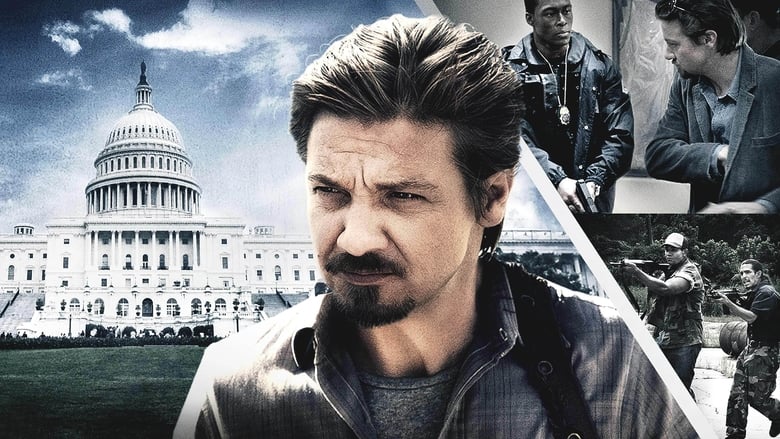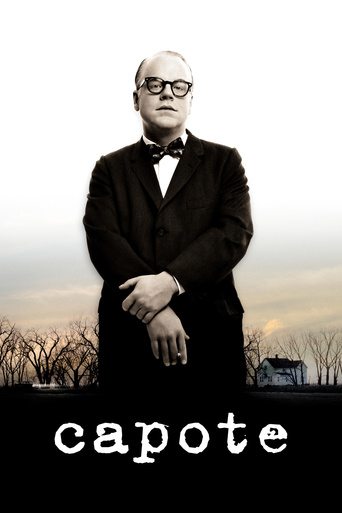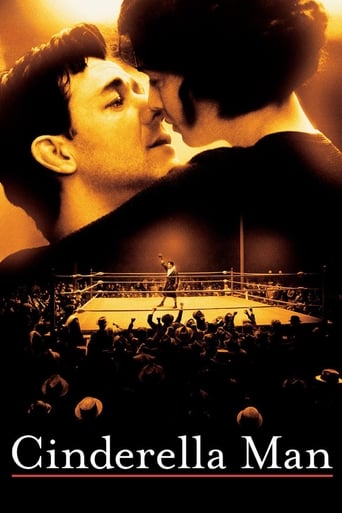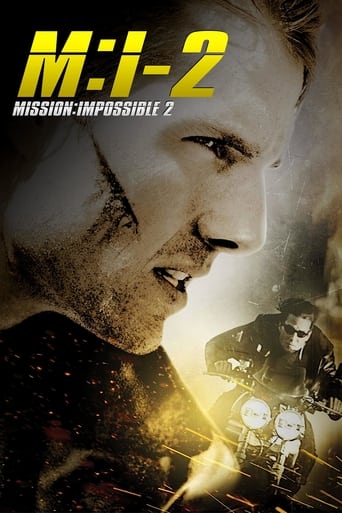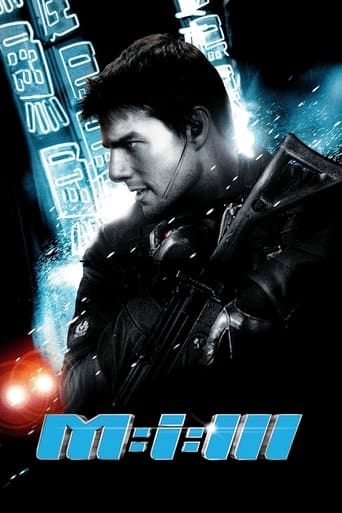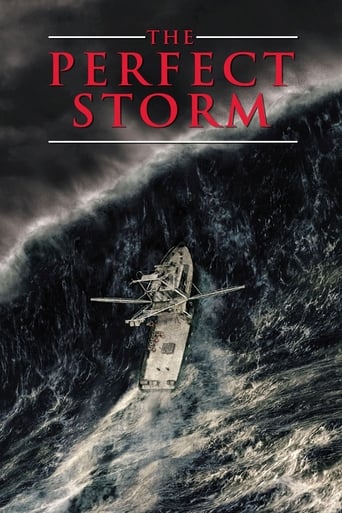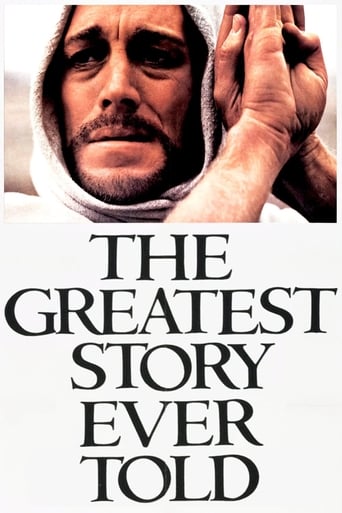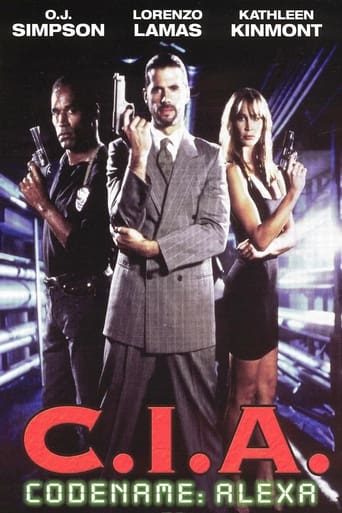Kill the Messenger (2014)
A reporter becomes the target of a vicious smear campaign that drives him to the point of suicide after he exposes the CIA's role in arming Contra rebels in Nicaragua and importing cocaine into California. Based on the true story of journalist Gary Webb.
Watch Trailer
Cast


Similar titles
Reviews
What happened to this powerful movie in its initial release? Why do film production and distribution companies choose to be involved with important works such as this - then fail to back it up with adequate support? The Focus company almost seem to have caved into demands (and/or threats?) in a similar way newspapers may also do when they fail to support their own investigative journalists. In murky cases like this finding clear truths will never be easy but someone has to bring shocking situations to public attention. Perhaps too often this could be America fighting America or C.I.A. against Congress, and so forth! If the C.I.A. had any involvement with introducing the crack cocaine trade into Los Angeles to fund Nicaraguan rebels - then of course it needs to be investigated.Why did the distributors virtually seem to 'Kill the Messenger' by failing in their all important advance promotions? Some TV promotional advertisements apparently began to air after most cinemas had stopped running the picture! If you have a story dealing with something as important as an honest man putting his life in jeopardy to expose a gross injustice (especially if it may involve top law enforcement agencies) then everyone who seeks truth, needs to be fully supportive. Sadly, seems this may not always be so when it comes to exposing certain possibly corrupt government institutions. Thank heavens for those members of the public who campaigned the distributor to have this powerful work finally reissued. 'Messenger' is one of the better compelling studies of the pressures that investigative journalists and seekers of justice invariably face while covering controversial issues. Pity there aren't more productions of this caliber. The film is well made, intelligently scripted, features strong performances, and committed production values. The atmospheric score helps add appropriate moodiness. The last caption in the movie also indirectly questions the coroners ruling on the cause of death for Pulitzer Prize winning journalist Gary Webb, as being:- Suicide from multiple gunshot wounds to the head......Recommended to any viewer who wants to see the good fight fought and truth (wherever possible) treated as paramount to all ends. Don't miss this one.
Following the same investigative journalism line as All the President's Men - 1976, but for some reason without the appropriate recognition and impact, Kill the Messenger tells the true story of an American reporter, Gary Webb (played by Jeremy Renner, known for The Hurt Locker - 2008), who works in a small newspaper, San Jose Mercury News, and accidentally discovers secret documents about the US government and the war on drugs. In the face of this information, which reveal an alleged cocaine trafficking scheme into the United States, he must decide whether to protect his career, family and life or to risk unmask the case and publish the article.Right away we are presented, in a format that resembles a documentary, to a series of newspaper reports and presidential speeches from Richard Nixon (1969-1974), Gerald Ford (1974-1977), Jimmy Carter (1977-1981) to Ronald Reagan (1981-1989). They all speech against trafficking and consumption of drugs. This exposure facilitates the viewer's immersion in the story and gives greater veracity to the facts. Later, we are transported to 1996 and we follow the research promoted by the protagonist, from one suspect to another, from traffickers to politicians, and in every new revelation we can contrast the government's initial speech with the unvarnished reality of facts.We follow, step by step, everything that Gary Webb needs to do to ensure that the public will gain knowledge of something that was kept secret: observation, interviews and documentary survey. A journalist can not simply report a corrupt situation just because someone suggested it to him or because he thinks that it is incorrect. Until the article become concrete and be published there is a process to be followed in which the reporter review all the investigative material, evaluating whether there is a need to interview new sources or making new inquiries until all conflicting information is resolved. Especially if there are references to public figures, major corporations, politicians and governments, the journalist also should make sure, in the cases of legal proceedings, that he will receive legal and editorial support for article's publication. At this point we have to highlight the direction of Michael Cuesta (known for the TV series Homeland - 2011-2012), which left some open spots for the viewer to take away their own conclusions about Webb's research. Was he naive or sloppy?The script was based on the books Dark Alliance: The CIA, The Contras, and the Crack Cocaine Explosion, written by Webb himself, and Kill the Messenger, a biography made by Nick Schou. The cast, apart from the excellent performance of Jeremy Renner in the leading role, has big names as Mary Elizabeth Winstead (10 Cloverfield Lane - 2016), Michael Sheen (Midnight in Paris - 2011), Ray Liotta (Goodfellas - 1990) and Andy Garcia (The Godfather: Part III - 1990).The movie still stands out by reporting the pressures, blackmails, physical and psychological violence which investigative journalists suffer to carry out their work. Not only the man's integrity is hit, but also of his family. The manipulation of information is evident. Artifices as to attack the credibility of these professionals are used shamelessly to stifle the truth, since the gossip often becomes more important (it gains more prominence) than the denounce itself.Does freedom of the press really exist? Is the media free or does it suffer political, economic and social influence? What is the real role of the journalist? Are some stories too true to be told? The non-reliability of some sources completely invalidates a newspaper article to the point of turning it into a lie? Is the US government boycotting the disclosure of this story (film)? These are some of the questions that Kill the Messenger leaves up in the air.In the face of recent situations, such as the Panama Papers and the revelations of Edward Snowden and WikiLeaks, all the reflection and the unrolling brought by the plot in Kill the Messenger gain other layers of significance and meaning.Originally posted in: https://vikingbyheart.blogspot.com.br
This movie was a surprising disappointment to me. Despite a potentially riveting story and a strong performance from the always-engaging Jeremy Renner, this film followed a predictable, cliché-ridden narrative, rarely deviating into the original. The praise from critics and viewers can likely be attributed to two factors: the image of a courageous, talented journalist (Gary Webb) pursuing and defending his story against pressure from multiple angles, and the fact that the target of his investigation was the Reagan administration's CIA, frequently a target of Hollywood. Considering these factors, this film was NEVER going to get a bad review. A far superior film within this genre is "Shattered Glass," a more credible, sophisticated story about a young crackpot who nearly destroyed the New Republic.Alas, this film goes from zero to tedious very quickly. Webb is portrayed in an idealized fashion more suitable to Frank Capra movies of the 1940s - the earnest moral giant surrounded by relative pygmies, save his loyal wife (also well-portrayed by Rosemarie DeWitt). Only a previous extramarital affair with a tragic ending blemishes his character.All the remaining characters are figures straight out of central casting that we've seen a hundred times before. The spineless newspaper editors and executives who get cold feet when the story gets questioned - check. The jealous competitors who gleefully go after the hero instead of his story - check. The shady, sinister CIA agents - check. The ex-CIA agent who gets an attack of conscience - check. This last character, portrayed by Ray Liotta, laughably implies that the Central American radicals of that era that were being opposed by the CIA wanted elected governments. Their motto of "bullets, not ballots" suggested otherwise.While the wisdom, legality and morality of Reagan's support to the Contras can and is subject to legitimate debate to this day, longtime critics of the agency and, seemingly, the producers of this film, seem to think that gaining information on America's enemies can never involve nefarious characters. Maybe they think that we can stop the next ISIL-inspired terrorist attack by getting information from the Boy Scouts, but I digress.
Nice acting all around. Especially the central figure, Jeremy Renner, whom I like a lot. The reasons I find him admirable are not just that he's a reliable actor, which he is, but that he's no taller and no more handsome than I am. (Let us operationalize our value judgments.) I respect the location shooting too, and I lived in San Jose about the time these events were transpiring. Elections were underway. And I found the coverage of the San Jose Mercury-News to be at least the equal of those two colossi to the north, the Chronicle and the Examiner. I was doing research on the milieu to which recently discharged psychiatric patients were trying to adjust, and the Mercury-News was a fountain of data. The CIA are after reporter Gary Webb for spilling some beans that should not have been spilled. A pretty olla podrida of rotten beans too. The CIA had been selling cocaine in the black districts of Los Angeles in order to fund illegal arms shipments to a CIA-sponsored revolutionary group in Nicaragua, ruled by a government we didn't like. There was never much doubt about the CIA's illegal support of the Contras. The president said that the facts led him to believe it was true. The question had to do with the importation of crack cocaine and its sale by the CIA.It was controversial and important stuff. It received a great deal of criticism from papers like the Post and the L.A. Times. The Inspector General's report acknowledged that the CIA had indeed worked with suspected drug runners while supporting the contras. The public wasn't anxious to hear its judicial icons knee-capped, I guess, because there were plenty of pick up trucks around with bumper stickers calling for Ollie North to be president. Ollie North was the instrument that organized the illegal operation because, as his secretary put it, they had to answer to a higher authority than the United States Constitution. And why not "North For President?" When you get right down to it, what else is the constitution but an old piece of paper crawling with germs?But the strength of the story is knee-capped by dramatic misstatements. It is simply not well written. A man calls Webb in the middle of the night and warns him to be alert. The man on the other end, calling alone from an office, is whispering. Why is he whispering? Okay. There are shots of Webb coming and going at his home and at work. The shots are dominated by gigantic close ups of solemn faces. Why? Close ups, if necessary, are used for portentous moments unless you're making a commercial for a toothpaste. The ultimate effect is that of being hit over the head with a crowbar.Okay. Webb is sitting at home with his wife, his adolescent son lounging in the doorway, during a visit by Webb's sympathetic young editor and boss. The editor hesitantly tells Webb that the CIA had dug into his past and found evidence of an extra-marital liaison. The guy's family knows nothing of this and the friendly editor pops up with this news item that threatens its integrity.Okay. We're now in the garage where Webb is trying to explain the affair to his son. The kid, who is about sixteen, is so choked up, so close to tears, that he can barely speak. "I made a mistake!", explains Webb. "Did -- did you love her?" "Do you love Mom?" "I'm really disappointed in you." I don't believe a word of that conversation.The film is based on a book by Gary Webb. Everybody wants to be the hero of his own story. Nobody wants to be comic relief.The writers need to go back and watch "The Insider" again and pick up all the mistakes they should have avoided. Then they should watch "All the President's Men" again to see how it should be done. The director needs someone to tell him he's making a dramatic feature film, not a commercial for Mennen underarm deodorant or one of those Canadian specials that show us a universe filled with betrayal and heartbreak on Lifetime Movie Network.Yet there are implications that, however muted, take us beyond one hero's tragedy. The Washington Post and the Los Angeles Times both try to torpedo Webb's story, not only because they question his sources but evidently because they dislike seeing hot news in a smaller newspaper. They "attack the messenger" by digging into his private life as if this somehow taints his story -- which it does. The logical fallacy is called "ad hominem", meaning "to the man." It works very well, even now.


